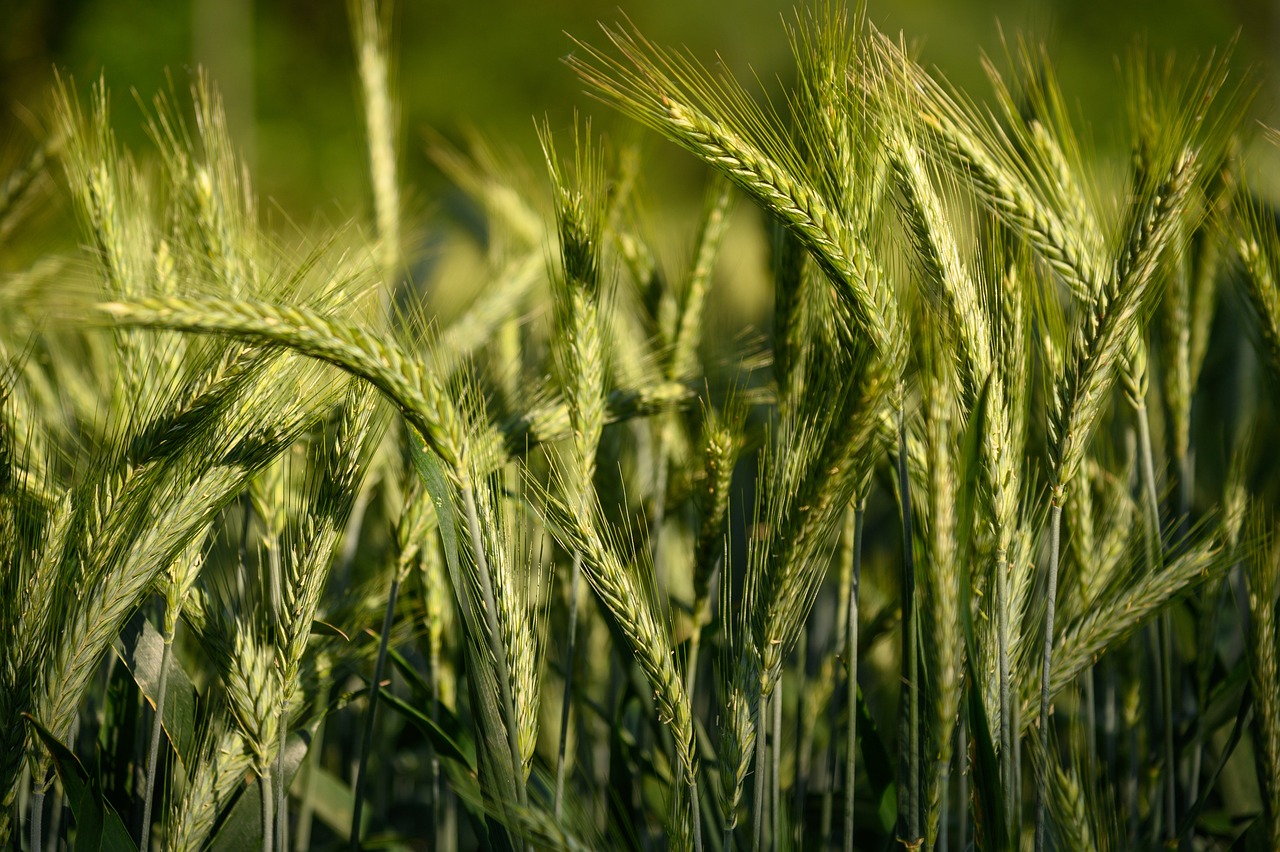Exploring the Benefits of Paleo and Primal Diets
Following a Paleo diet can lead to weight loss as it emphasizes whole foods like lean meats, fruits, vegetables, and nuts while cutting out processed foods and sugars. This can help in reducing overall calorie intake and promoting a healthier weight. Additionally, the elimination of processed foods can lead to better digestion and improved gut health, aiding in better nutrient absorption and overall well-being.
Another benefit of adhering to a Paleo diet is its potential to reduce inflammation in the body. By avoiding processed and refined foods that are known to cause inflammation, individuals following a Paleo diet may experience decreased levels of inflammation. This can have a positive impact on various health conditions such as arthritis, skin problems, and cardiovascular issues.
The Origins of the Paleo Diet
The Paleo diet, short for Paleolithic diet, is based on the idea of eating foods that were available to our ancient ancestors during the Paleolithic era. This diet emphasizes whole, unprocessed foods such as lean meats, fish, fruits, vegetables, nuts, and seeds. The concept behind the Paleo diet is to mirror the eating habits of our hunter-gatherer ancestors who lived during the Paleolithic period, which dates back to about 2.5 million to 10,000 years ago.
Advocates of the Paleo diet believe that our bodies are genetically predisposed to thrive on foods that were consumed during the Paleolithic era, as they argue that our bodies have not evolved to properly digest modern processed foods such as grains, dairy, and sugars. The diet gained popularity in the 21st century as a way to combat the rising rates of obesity, diabetes, and other chronic diseases that are associated with the consumption of processed and high-sugar foods.
Understanding the Principles of the Paleo Diet
The Paleo diet is centered around the concept of eating like our ancestors did during the Paleolithic era. This means focusing on consuming whole, unprocessed foods that were available to hunter-gatherers such as lean meats, fish, fruits, vegetables, nuts, and seeds. The diet excludes grains, dairy, refined sugar, and processed foods, as these were not part of our ancestors’ diets.
The main principle of the Paleo diet is to mimic the dietary patterns of early humans in order to promote optimal health and well-being. Proponents of the Paleo diet believe that our bodies are genetically adapted to thrive on the foods that our hunter-gatherer ancestors consumed. By following this diet, individuals aim to improve their overall health, reduce inflammation, and prevent chronic diseases that are associated with modern diets high in processed foods.





